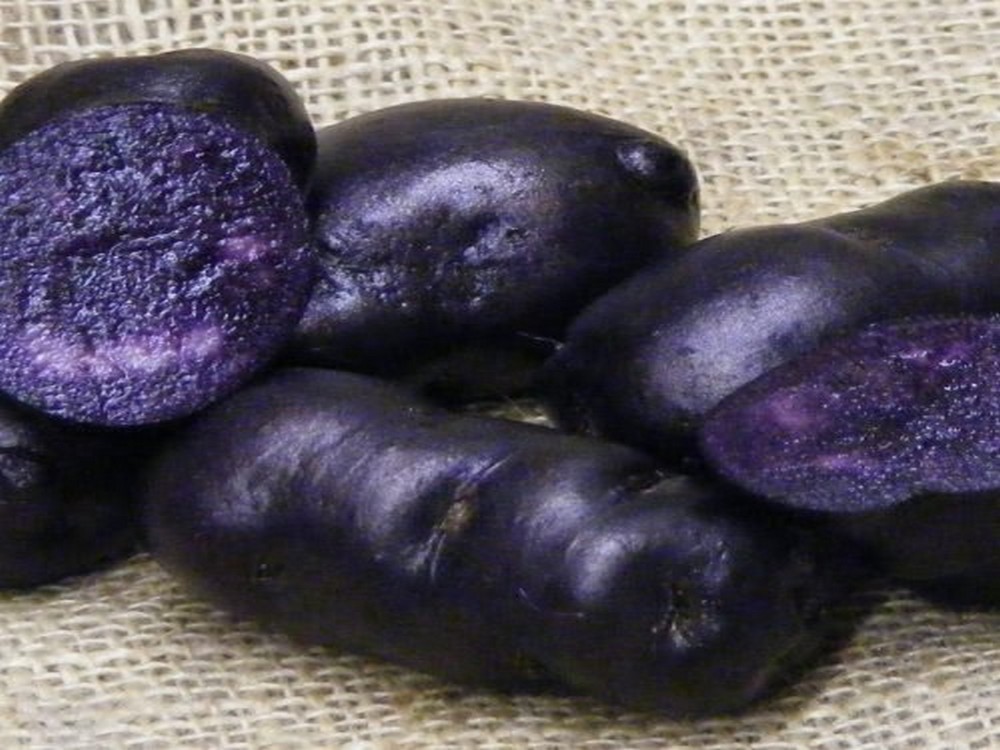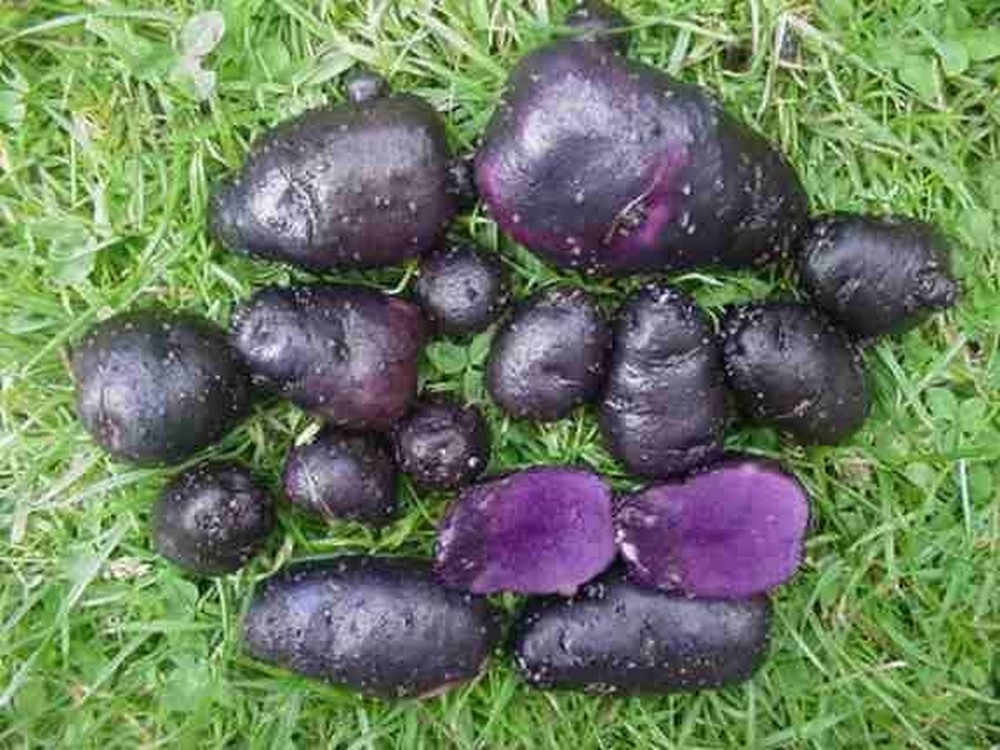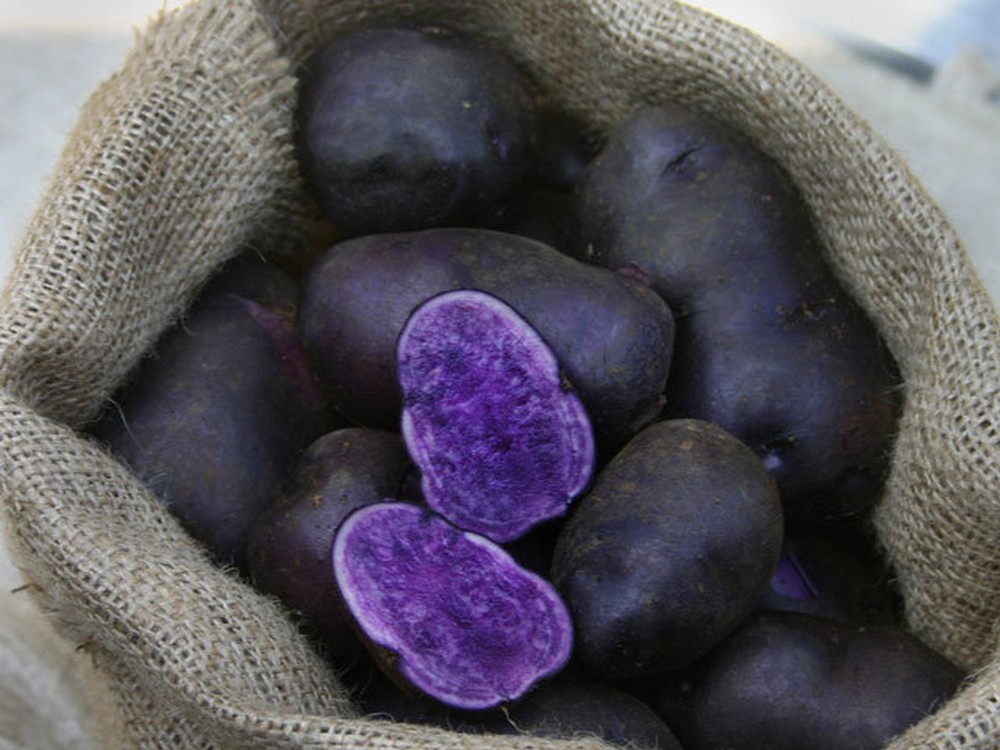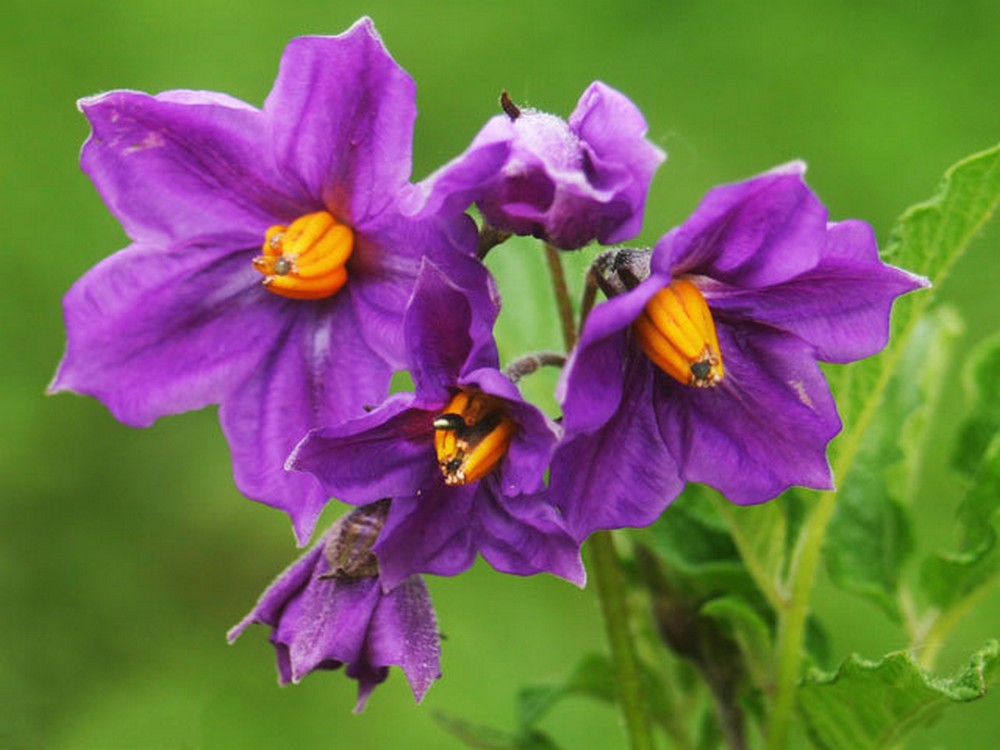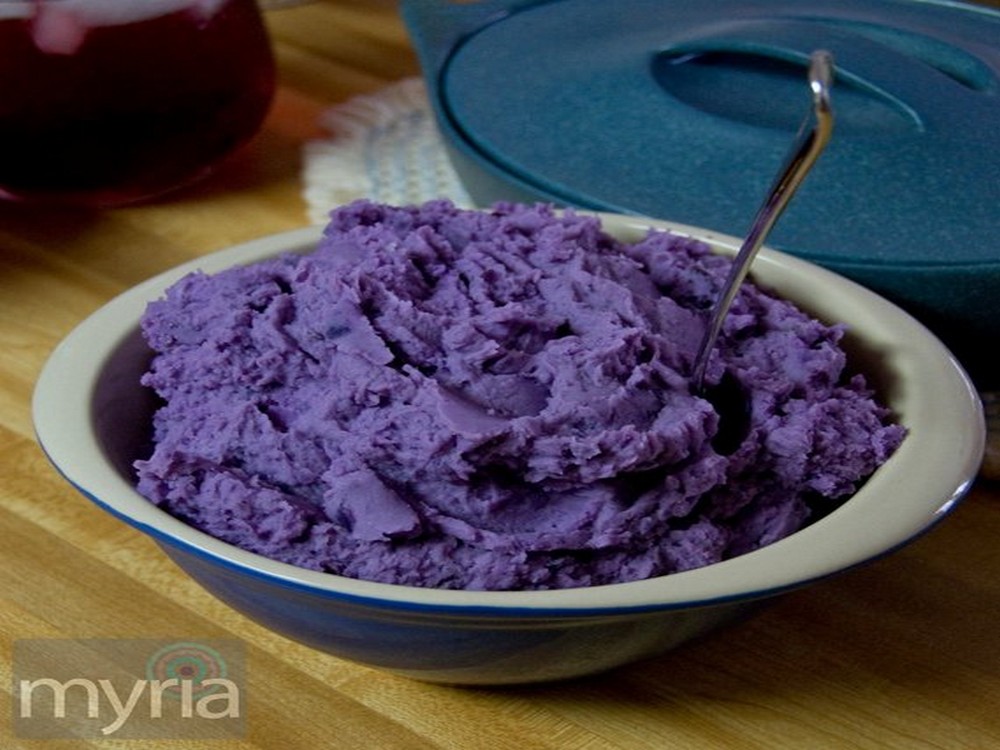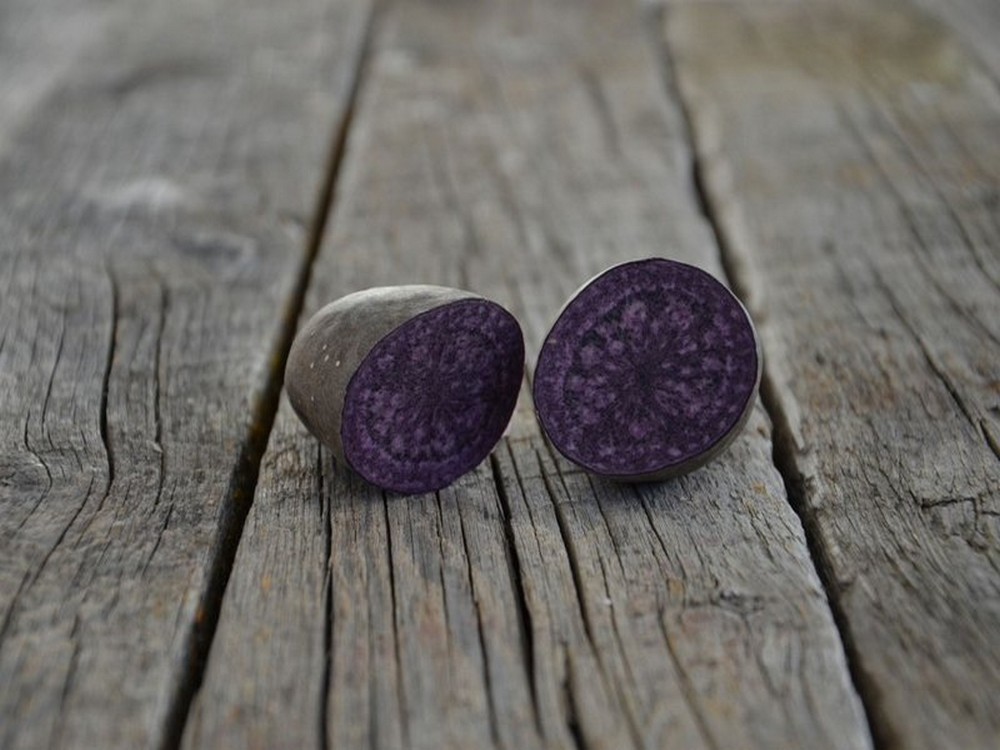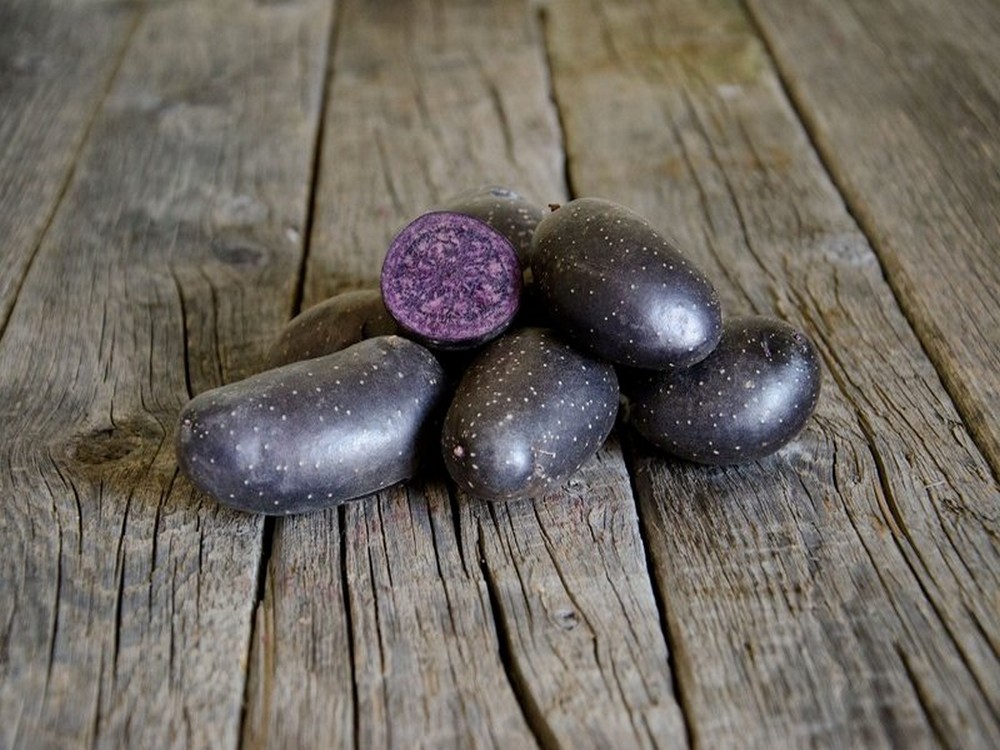Product description
Minimum amount of seed. Blue gourmet potato seed. Antioxidant. Pharmaceutical. Against prostate cancer. Special variety for pan, oven, boiled!!! All the great chefs use it. Special taste and appearance. Cooking type B 1 kg package
Tuber Characteristics
| Tuber Shape | fingerling |
| Flesh Color | purple |
| Eye Depth | very shallow |
| Skin Color | purple |
| Skin Texture | smooth |
| Dormancy | good |
| Tuber Size | small |
Yield and Quality
| Markets | High Set, Specialty, Table/Fresh |
| Yield | medium-high |
| Tubers Per Plant | 18-22 |
| Cooking Type | B |
| Dry Matter | 20.8% |
Resistances
| Scab | high |
| PVY | high |
| Foliage Blight | medium |
| Tuber Blight | medium |
| Damages | medium-high |
| Bruising | medium-high |
| Nematodes | - |
It comes from the Andes and is coming back to the fore, as research talks about its positive effects on our health. It makes a great (tastingly and aesthetically) potato salad, but that's not the most important thing. Antioxidant, anti-diabetic, anti-hypertensive, anti-inflammatory and possibly anti-cancer properties have been attributed to anthocyanin, a flavonoid that gives it its purple color. You remember what is said about the corresponding properties of berries. Well, we're talking about the same thing.
The reason for a new potato, the black or purple or Peru, which has become a trend in recent years. Did I say "new"? Error. It is a very old species, coming from the Andes, where 3,000 of the 5,000 varieties that exist around the world have been cultivated for more than 8,000 years. According to some records, the various varieties of the purple potato were widespread in Great Britain and France until World War II. After the disaster, governments began to demand more production - the first concern was, of course, to enable the population to survive. Thus, the common white potato, with higher yield, took it out of the limelight.
Because the soil is not as efficient, fewer kilograms per hectare are produced. Like a golf ball In particular, each plant produces a small quantity (about 15-20) and small size (5 cm in diameter or at most a golf ball) "fruits". That is why its cost is higher than the white one. The cultivation of the two species, however, is the same and can be done twice a year. Also, the two plants are similar, except that the stem of the (green) leaf and also the flower are purple in the case of 'Peru'.
And in supermarkets The "return" of this species began in recent years. It is now cultivated (except of course in South America, where it is an ingredient in traditional recipes) in North America and Europe. In fact, in a BBC article from 2010 we read: "The "healthy" purple potato enters the supermarkets".
In scientific and non-scientific journals, its healthy properties and nutrients are recorded even in relation to the usual white. A medium-sized purple potato 213 g. contains 42.7 g. carbohydrates (the white 33.5 g.), 4.85 g. proteins (the white 3.58 g.), 2.85 g. iron (versus 5.1 g of white), 200 calories (versus 147 of white) and of course 0 fat. At the same time, great chefs recommend recipes with this star - mainly - for its aesthetic effect.


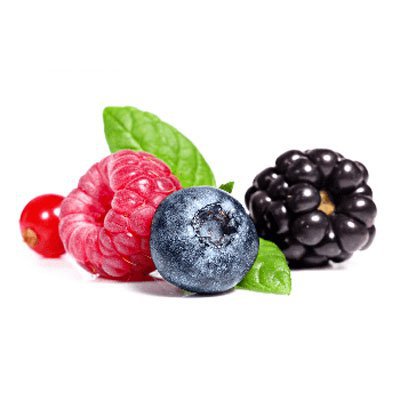
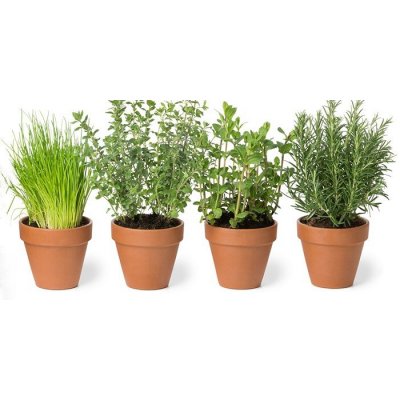
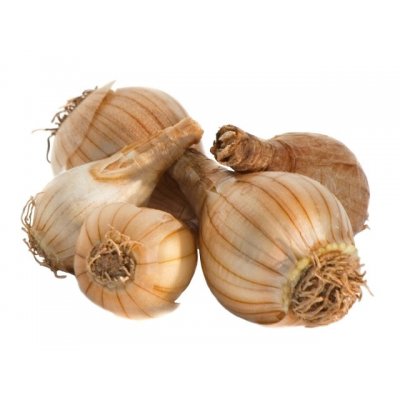
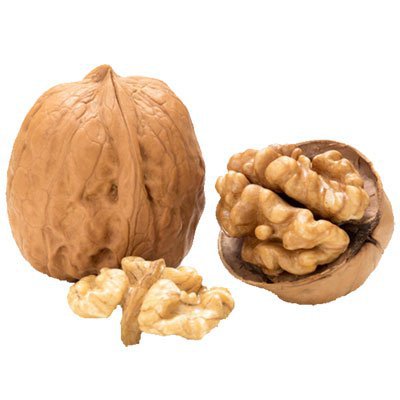
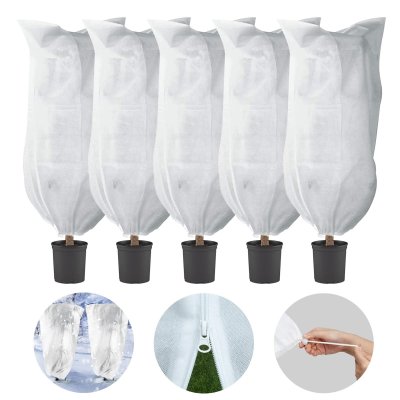
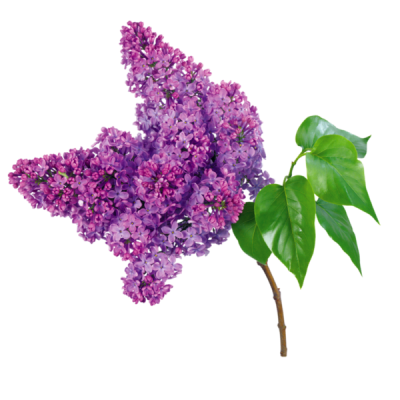
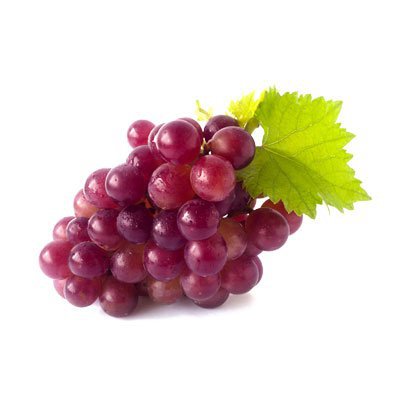
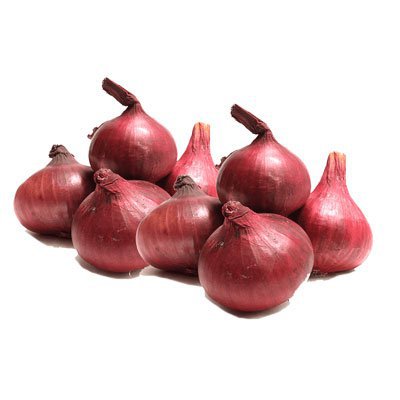
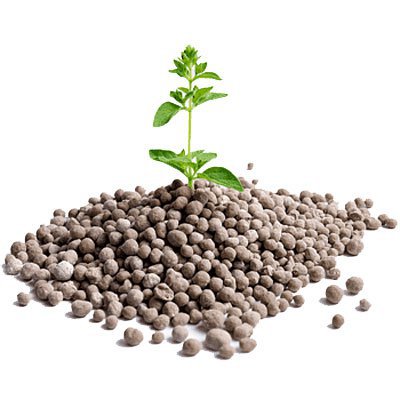
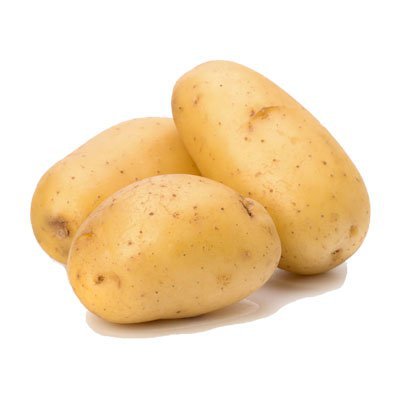
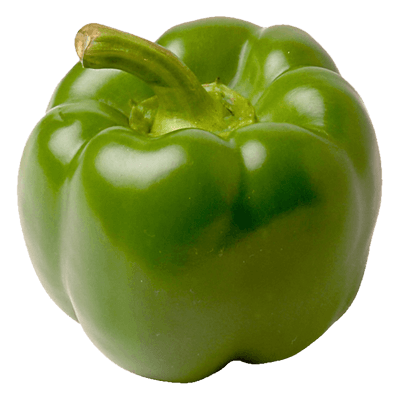
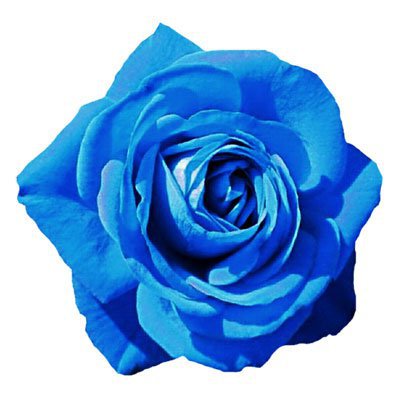


 Forest Fruit Plants
Forest Fruit Plants Spice Herbs Medicinal seeds
Spice Herbs Medicinal seeds Bulbs
Bulbs Fruit Trees
Fruit Trees Garden Materials
Garden Materials Ornamental Plants
Ornamental Plants Grapevine Plants
Grapevine Plants Onion Set
Onion Set Fertilizers
Fertilizers Potato seed
Potato seed Seeds
Seeds Roses
Roses Tropical Plants
Tropical Plants Home Pesticides
Home Pesticides